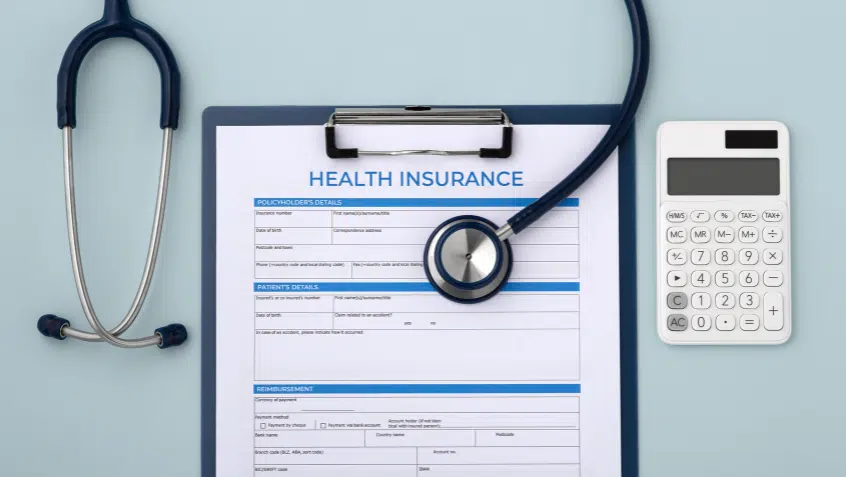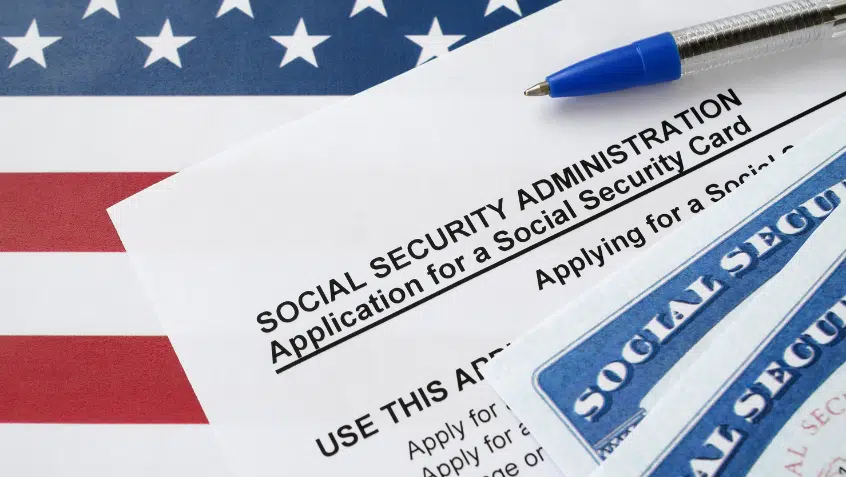
A recently released study found that in 2022, over 20% of adults 65 and older experienced cost-related medication nonadherence, meaning they decided not to fill a prescription, skipped doses, took less medicine, delayed filling a prescription, or used someone else’s medication due to cost. Just over half of the study respondents said that they used some strategy to help them afford their medications.
Rising prices for prescription drugs and other consumer goods has left many older adults with less ability to afford their living and medical expenses.
Unsurprisingly, cost-related medication nonadherence was most common for people who reported they had too little or just enough income to meet basic expenses. Those who did not adhere to their medication use were also more likely to be in fair or poor health, to be taking 6 or more medications, and to have 6 or more chronic conditions.
To manage the costs of medication, some study respondents used shopping, coupons, or asking physicians for samples or lower-cost prescriptions. Troublingly, 8.5% reported going without basic needs, and 4.8% reported borrowing money or going into debt.
Help is on the horizon. The Inflation Reduction Act of 2022 (IRA) will extend low-income assistance for prescriptions to people with income at or below 150% of the federal poverty level. It will also limit Medicare Part D out-of-pocket spending to around $3,000-3,500 in 2024 (the exact dollar figure is not yet determined), with a permanent cap of $2000 starting in 2025. Also in 2025, beneficiaries will be able to opt into a program to pay deductible and copay costs in monthly amounts spread over the whole year rather than all at once, a feature known as “smoothing.” The IRA’s drug price negotiation program will begin in 2026, and the penalties for manufacturers who increase drug prices beyond the rate of inflation are already underway.
Combined, these changes will eventually greatly help many people with Medicare. In the meantime, if you are having trouble affording your health care or other basic needs, Medicare Rights recommends contacting your local Area Agency on Aging and State Health Insurance Assistance Program (SHIP), as well as using online tools like Benefits Checkup, to see if you or a loved one are eligible for assistance programs in your area. Eligibility rules and access vary by state and community, so we advise people to check even if they believe they will not qualify.
Read more about the IRA’s changes.
Use the Benefits Checkup to see if you might be eligible for assistance.
The Latest
Most Read
Trump Administration and Elon Musk’s DOGE Closing Social Security Offices, Harming Access to Services
Threats to the Social Security Administration and to Benefits Continue to Raise Alarm
New Resources Show House Budget Would Slash Medicaid, Despite Voters’ Support of Program
Federal Government Funding Decisions Loom
Add Medicare to Your Inbox
Sign up to receive Medicare news, policy developments, and other useful updates from the Medicare Rights.
View this profile on InstagramMedicare Rights Center (@medicarerights) • Instagram photos and videos









